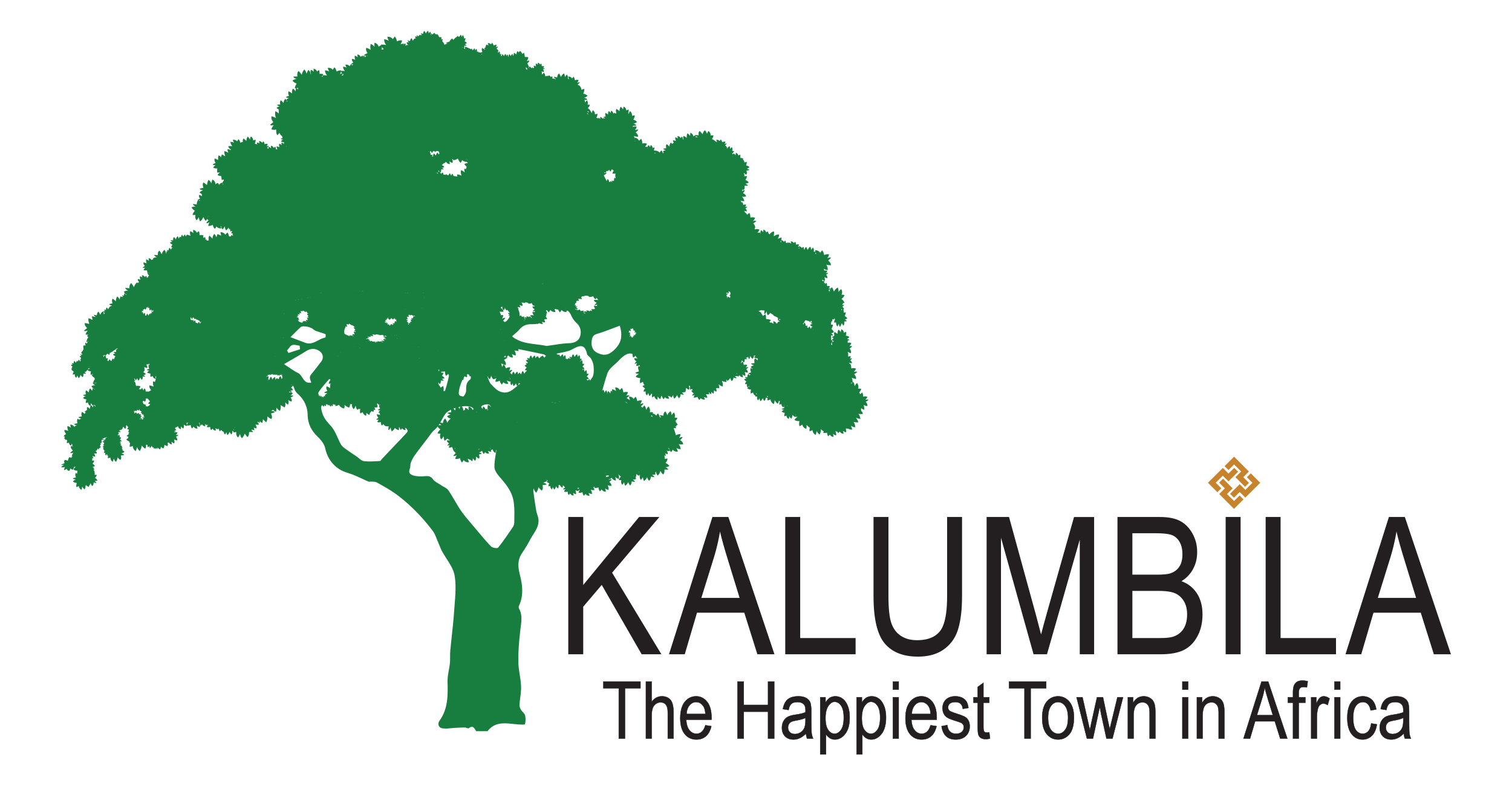If health is wealth, then Kalumbila Town is a happy and healthier community with a new chapter in the town’s development story. The commissioning of Wumi Mini Hospital is a modern facility that brings critical healthcare services closer to one of Zambia’s fastest-growing populations.
Kalumbila District is home to over 223,000 residents and anchored by the fast-developing Kalumbila Town. With remarkable population growth, driven by sustained industrial investment and a steady influx of people seeking economic opportunity, healthcare is the natural step toward a happier town. However, until now, access to hospital-level healthcare remained a major challenge. The nearest government-run facility offering comprehensive services was located nearly 100 kilometers away from Kalumbila town, in Manyama.
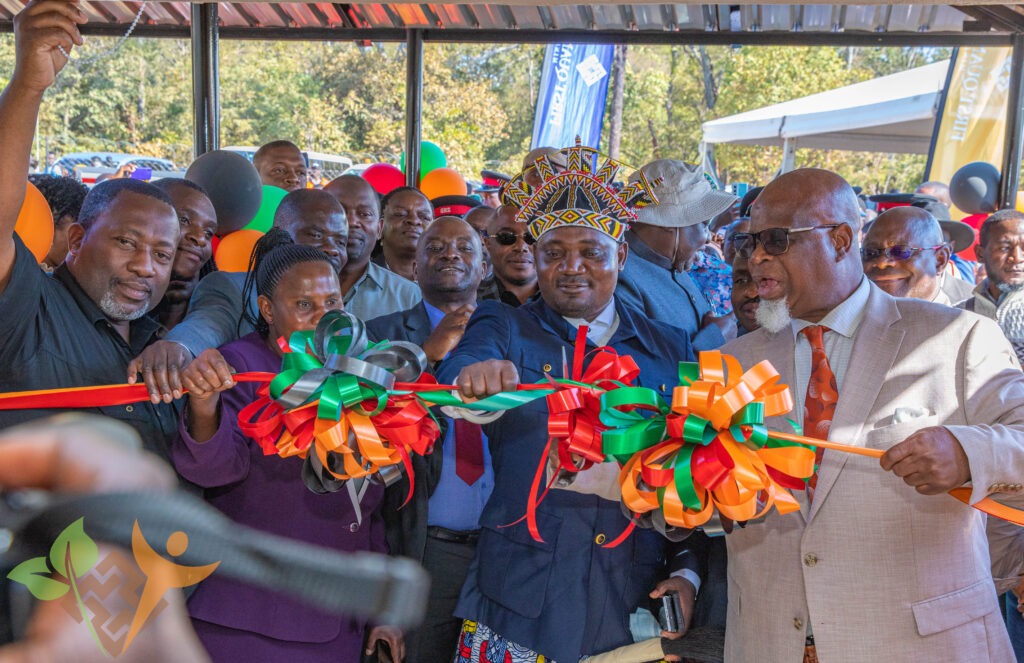
A Vision Built on Partnership
The project was spearheaded by First Quantum Minerals Limited (FQML)—a company whose approach to mining goes beyond resource extraction. With a presence in Zambia since 1996, FQML has continuously invested in social infrastructure as part of its commitment to long-term, inclusive development.
The new hospital, constructed at a cost of ZMW 18.7 million, was made possible through partnerships with government stakeholders, the traditional leadership of Senior Chief Musele, faith-based organisations, and private sector players such as Bulk Mining Explosives (BME)—which contributed ZMW 3.7 million.
What services are available at Wumi?
Wumi Mini Hospital is designed to provide a broad spectrum of essential health services that meet both the immediate and long-term needs of the Kalumbila community. The facility features a fully equipped maternity wing, enabling safe deliveries, antenatal care, and postnatal support for mothers and newborns. It also houses a dedicated outpatient department (OPD) to serve walk-in patients with common illnesses, chronic disease management, and follow-up consultations.
Patients benefit from diagnostic laboratory services, which support accurate testing and timely diagnosis of conditions such as malaria, infections, and non-communicable diseases. A radiology unit enhances diagnostic capacity through imaging services like X-rays, which are critical for treating injuries and internal illnesses.
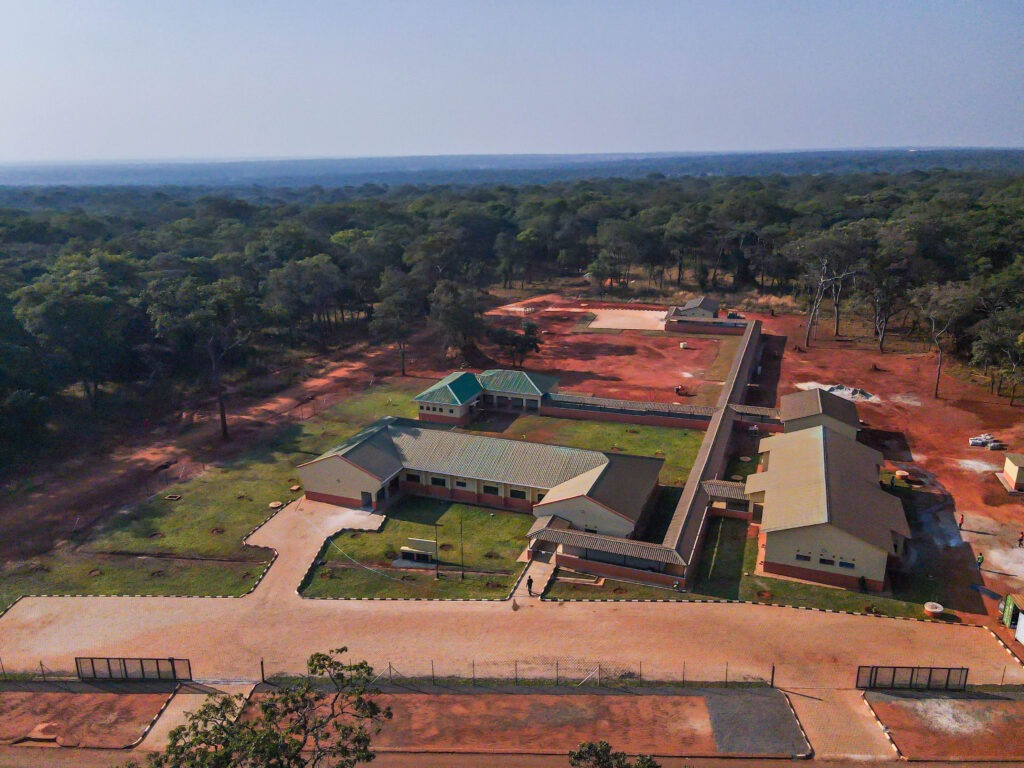
In addition, the hospital includes a mortuary to ensure respectful and dignified management of deceased patients, and it is supported by reliable utilities such as treated water for hygiene and infection control, and backup electricity systems to guarantee uninterrupted care—even during power outages.
Looking ahead, a mini-theatre for minor surgical procedures is set to be constructed in the next phase, expanding the facility’s ability to manage emergency and outpatient surgeries closer to home.
Together, these services make Wumi Mini Hospital not just a healthcare outpost, but a lifeline for thousands.
Voices from the Ceremony
At the commissioning ceremony, Minister of Health Dr. Elijah Muchima described the hospital as a milestone in Zambia’s health reform journey:
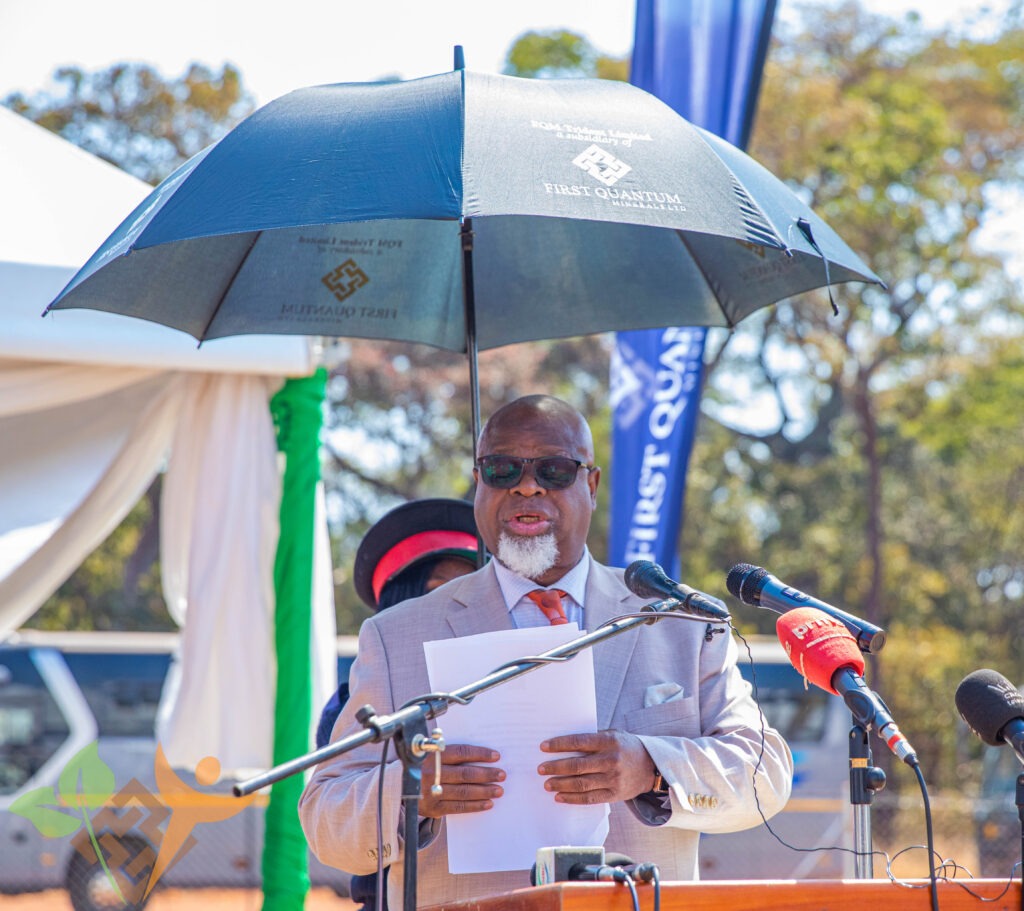
“This facility is more than brick and mortar. It is a tangible expression of collaboration, compassion, and our collective vision for a Zambia where access to quality healthcare is not a privilege, but a right secured for all.”
Dr. Godwin Beene, Country Manager for FQML, echoed this sentiment:
“When our operations began in Zambia, one of our core goals was to be a long-term development partner. The commissioning of Wumi Mini Hospital is an illustration of that commitment—and the power of community collaboration.”
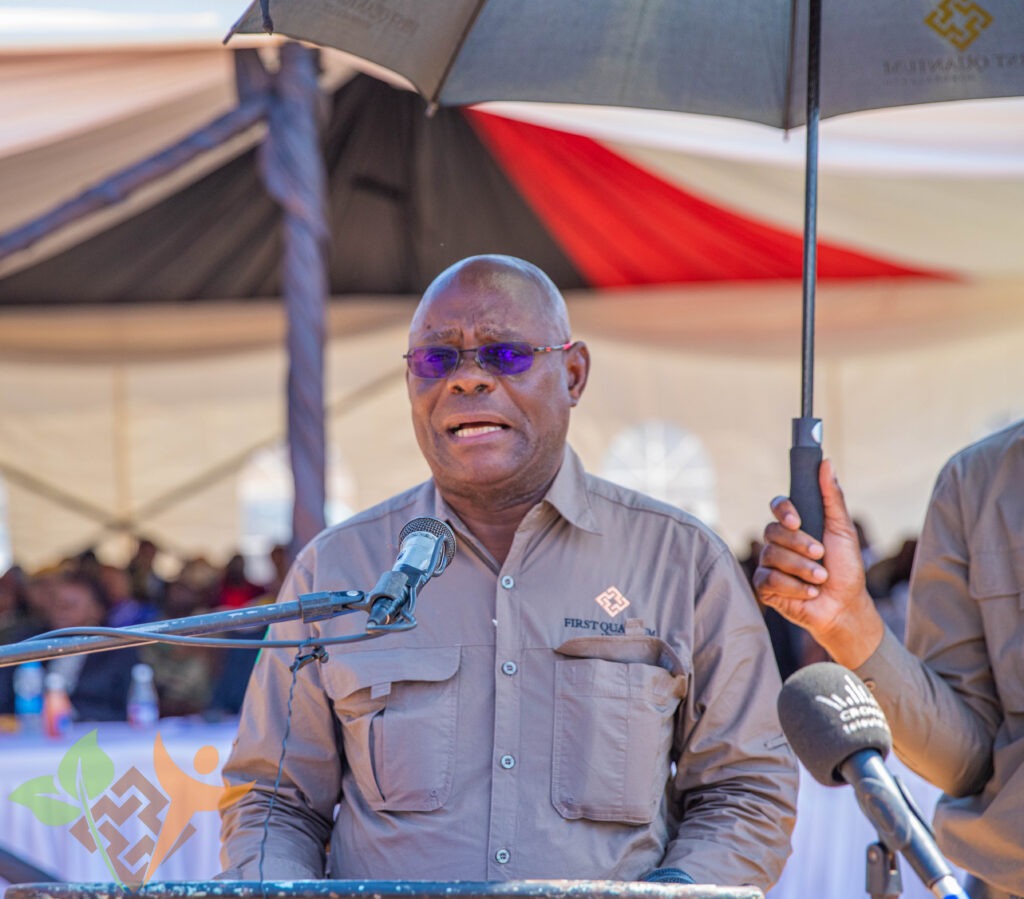
Traditional leadership also welcomed the milestone. Senior Chief Musele, in whose chiefdom the hospital is located, praised the inclusive approach that brought the project to life:
“This hospital is a direct result of listening, dialogue, and shared responsibility. I commend FQM for acting on our concerns and delivering a facility that will transform lives.”
Healthcare Meets a New Model of Town Development
The opening of Wumi Mini Hospital aligns with Kalumbila’s broader evolution into a diversified economic hub. Under the leadership of the Kalumbila Town Development Corporation (KTDC), the town is actively building infrastructure beyond mining—from public markets and a modern bus terminal to recreational and sports facilities.
This development model ensures that Kalumbila grows with resilience, creating an environment where people can live, work, and access essential services—long after the mines are gone.
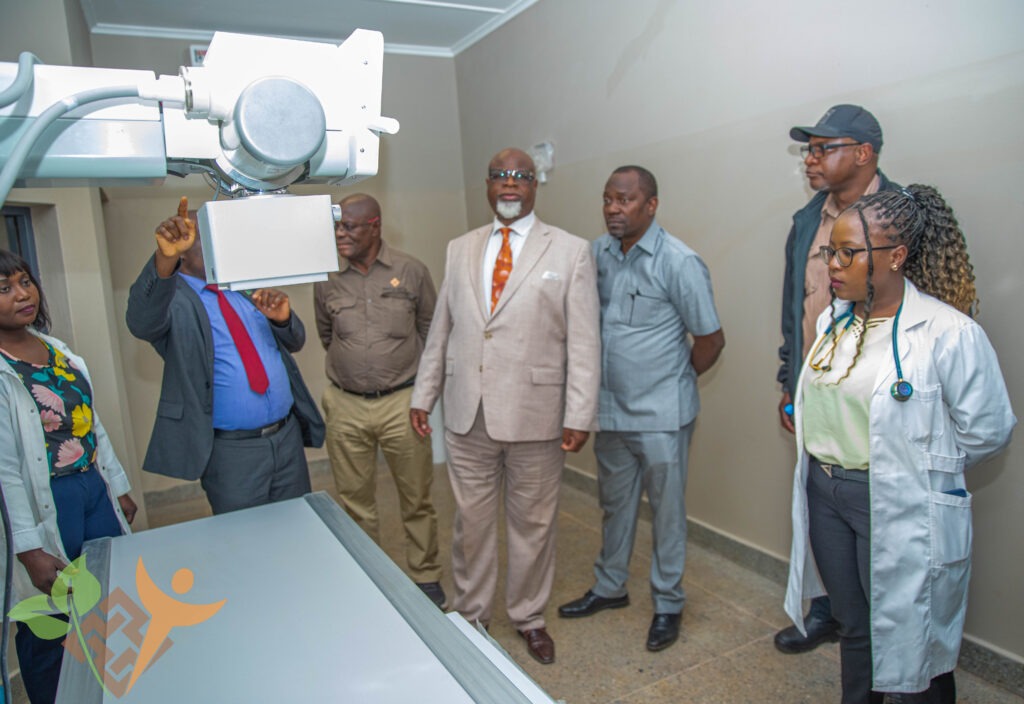
A Symbol of Shared Progress
As the ribbon was cut, it marked more than the completion of a project—it marked a commitment to shared progress. Wumi Mini Hospital now stands as a blueprint for rural health development, and a reminder that when communities, businesses, and governments work together, no goal is out of reach.

